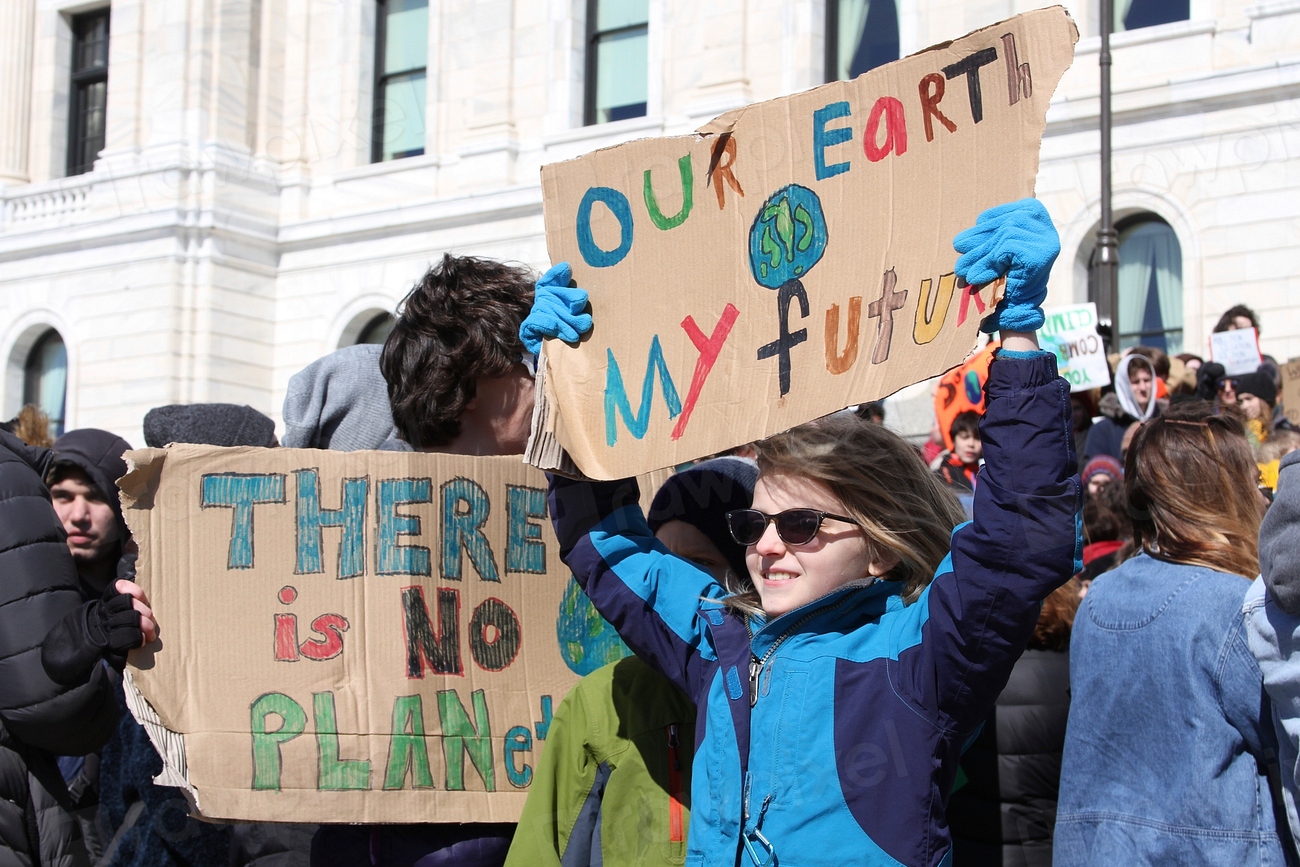A large-scale scientific study has found that repeated heatwaves may age the body almost as much as smoking and alcohol. This means climate change is not just an environmental challenge, but also a hidden threat to our health.
Heatwaves put stress on the body

When temperatures rise, the body experiences physiological stress that can disrupt cell function and accelerate ageing. The process is gradual, but its impact becomes significant over time.
Biological age matters more than birthdays

While chronological age simply counts the years you have lived, biological age shows how healthy your body truly is. Heat exposure, researchers found, can push biological age forward.
As damaging as cigarettes and alcohol

Scientists concluded that repeated exposure to heatwaves can accelerate ageing in a way comparable to regular smoking or alcohol consumption – making heat an underestimated health risk.
Also read: Harvard researcher reveals: Three simple daily habits can protect your brain from Alzheimer’s
Data from nearly 25,000 participants

The research is based on health records from 24,922 people in Taiwan, collected between 2008 and 2022. This long-term data set provided a strong foundation for linking heat exposure to accelerated ageing.
The more heatwaves, the faster you age

Participants were grouped according to how many heatwaves they had been exposed to. The results were striking: those who experienced the most heatwaves showed significantly higher biological age.
Small effects add up

Each heatwave only increased biological age slightly, but the cumulative effect over years can lead to major health consequences and reduced quality of life.
Vulnerable groups at risk

Elderly people, rural residents and outdoor workers are particularly exposed. These groups often lack resources or opportunities to protect themselves from extreme heat.
Also read: Optimism Could Extend Your Life by 15% – Here’s How to Train Your Brain
Climate change makes the risk grow

With global temperatures on the rise, heatwaves will become more frequent and intense. This makes the findings even more alarming, as more people will be exposed to accelerated ageing.
Prevention is key

Researchers highlight that better urban planning, more shaded areas, accessible cooling spaces and proactive public health measures can help reduce the risk.
From knowledge to action

The study sends a clear message to policymakers: climate change is not only about the environment but also about human health and ageing.
This article is based on information from Illustreret Videnskab
Also read: These Symptoms Could Mean You're Low on Magnesium
Also read: Recognizing the body’s signals in the last stage of life
